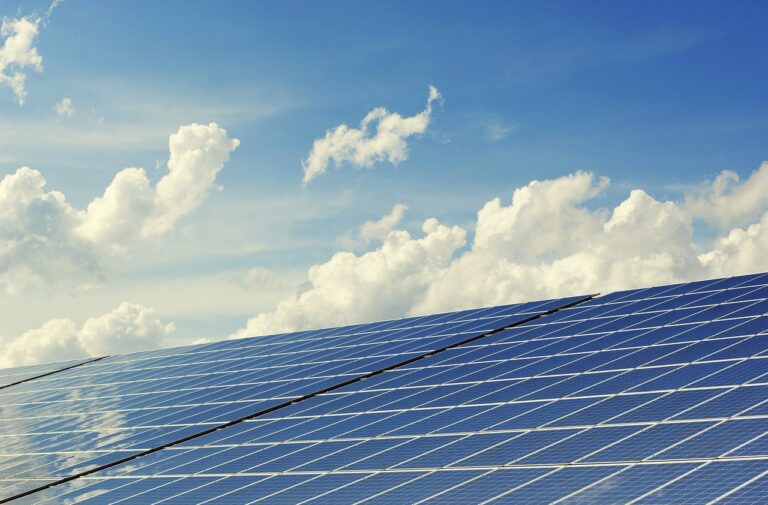What are the advantages and disadvantages of solar energy? The use of solar energy to power one’s home is increasingly being considered. The energy produced by the sun’s rays becomes a valuable resource both for reducing environmental pollution and for lowering utility bills.
However, before deciding to install a photovoltaic system with storage that harnesses solar energy, it is necessary to highlight the advantages and disadvantages of this technology. Also, it is necessary to make a cost-benefit analysis.
Table of Contents
Solar energy: what the advantages and disadvantages are
Here are a list of all the advantages and disadvantages of solar energy:
The advantages of solar energy
There are countless benefits of using solar energy for your home, from reducing pollution, through investment convenience, to achieving energy independence.
Here are some of the benefits of using solar energy:
- it is always available, in large quantities: the sun is a renewable and inexhaustible source of energy. It can safely be harnessed for approximately another 4 billion years and is capable of meeting all energy needs;
- it is clean energy: by harnessing the sun’s rays, it does not emit CO2 or other pollutants that enlarge the ozone hole;
- it is ‘zero cost’ energy: as there is no need to extract coal, methane or oil, it is one of the cheapest sources. This is because there are no production, transport and procurement costs;
- it is self-generated: while fuel extraction can only be handled by large companies, solar energy is produced directly on the roof of your house;
- it is an investment: the costs of installing a photovoltaic system with solar energy storage are amortised. This, both by savings on the electricity bill and by the various incentives offered by the states;
- it is guaranteed: the photovoltaic system technology using solar energy is highly developed and certified, requiring minimal maintenance;
- it costs less and less: installing a photovoltaic storage system is increasingly cheaper. Compared to five years ago, for example, prices have dropped by about a third. And the technology on offer is getting better and better.
Using solar energy in home electricity production has become more important than ever. It allows you to reduce your carbon footprint. Also, it produces clean and renewable energy, but above all, it allows you to achieve energy independence.
But for every decision there are pros and cons. Below we will consider the disadvantages of installing a PV system with a solar energy storage system.
The disadvantages of solar energy
- space problems: it is not always possible to install a private solar system. Sunlight has low concentration, so in order for it to be well captured. Therefore, a sufficiently large area is required for the installation of solar panels. In addition, people living in apartment blocks cannot always agree on all tenants to bear the expense of installing a common system;
- discontinuity: solar energy has an inconstant, variable and discontinuous output dependent on the alternation of day and night, weather conditions and the cycle of the seasons. In other words, it is not possible to power yours solely and exclusively with solar energy. In fact, there is always a need to rely on the national grid;
- cost: installing a photovoltaic system with storage involves an initial investment that is not always affordable, but which will be amortised within 10 years.
Solar energy, possibly the cleanest of all the renewable sources
In short, using solar energy is a conscious and convenient choice. You will recoup the cost of installing a photovoltaic system with storage within 10 years thanks to various incentives such as tax deductions and savings on your utility bill.
And above all, you will have the satisfaction of producing clean, non-polluting energy directly from the roof of your house.
Read also: Can nuclear energy be considered clean? The pros and cons












